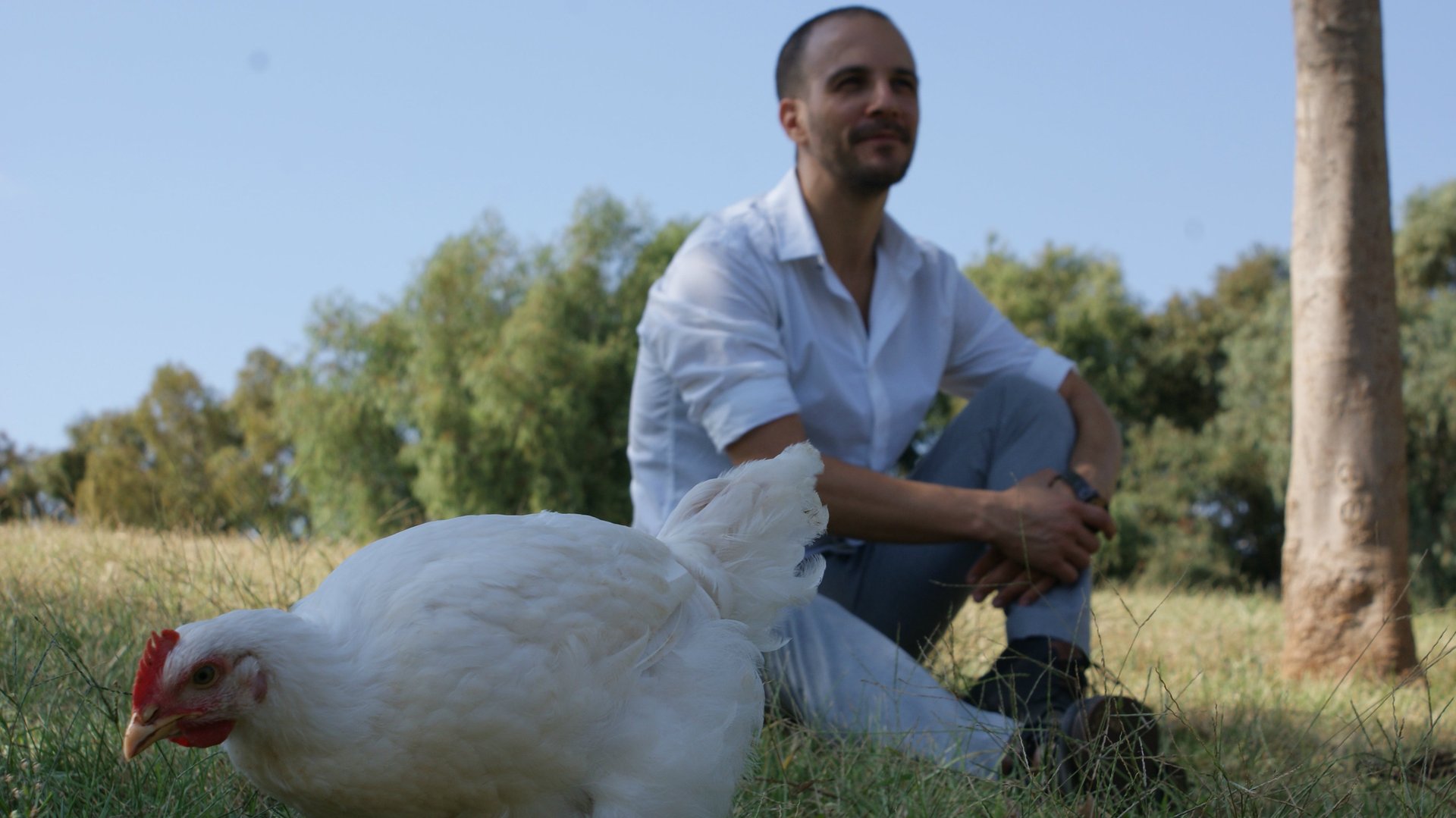One of Europe’s largest meat companies is betting big on cell-cultured, vegan chicken
One of the largest poultry producers in Europe is teaming up with an Israeli clean meat company to get cell-cultured chicken to market within three years.


One of the largest poultry producers in Europe is teaming up with an Israeli clean meat company to get cell-cultured chicken to market within three years.
The partnership between Tel Aviv-based SuperMeat and the German poultry company PHW Group marks a important milestone for the nascent clean meat industry. It is also the latest sign that global meat industry players—well aware of a growing interest among consumers for alternative protein sources—are prepared to coalesce around new food technologies to get cost-competitive cell-cultured meat out of the laboratory and into the grocery store.
Cell-cultured “clean” meat is grown by extracting cells from an animal and then growing those cells in a bioreactor filled with a high-tech nutrient-dense liquid. The cells feed on the liquid and proliferate, producing chicken meat that’s molecularly identical to conventional meat without having ever slaughtered an animal. Some early research has shown that, theoretically, clean meat operations could release 98% less greenhouse gas than conventional farming. They would also use 99% less land and 96% less water.
Whether SuperMeat will release a solid chicken cut product—think a boneless chicken breast—within three years, or a ground chicken product that can be used to make chicken tenders and sausages remains to be seen. Creating a solid cut of cell-cultured chicken is far more complex than creating a ground meat product.
In America, Cargill has invested in San Francisco-based clean meat company Memphis Meats. And Tyson Foods, the largest meat processor in the US, has invested in plant-based meat company Beyond Meat. The importance of PHW Group is no exception. The firm is the biggest poultry producer in Germany and the third largest in Europe. The group, comprised of more than 40 subsidiary companies, slaughters an estimated 354 million birds each year. In 2017, it reported more than €2.46 billion ($2.97 billion) in sales.
The announcement was paired with news that SuperMeat has raised $3 million in seed funding from two American venture capitalist funds: New Crop Capital and Stray Dog Capital—both of which are run by vegans.
SuperMeat, which has a staff of about 10 people, was founded in 2015 by Ido Savir, Koby Barak, and Shir Friedman. The three founders decided to focus their attention on chicken because, at the time, no other clean meat startup was working in that space. There are about eight clean meat startups across the globe, with the most prominent located in Silicon Valley. San Francisco-based Hampton Creek has said it will bring at least one clean meat product to market sometime this year.
To be sure, there are a lot of complex questions to answer as clean meat makers prepare to get a product ready for the commercial marketplace, including figuring out which government agencies will regulate its safety and how it will be labeled. Dairy producers in the US and Europe have complained that soy, cashew, and almond companies label their liquid products as “milk.” It’s anticipated by some that clean meat might face similar complaints from certain corners of the meat industry, particularly from farmers and ranchers.